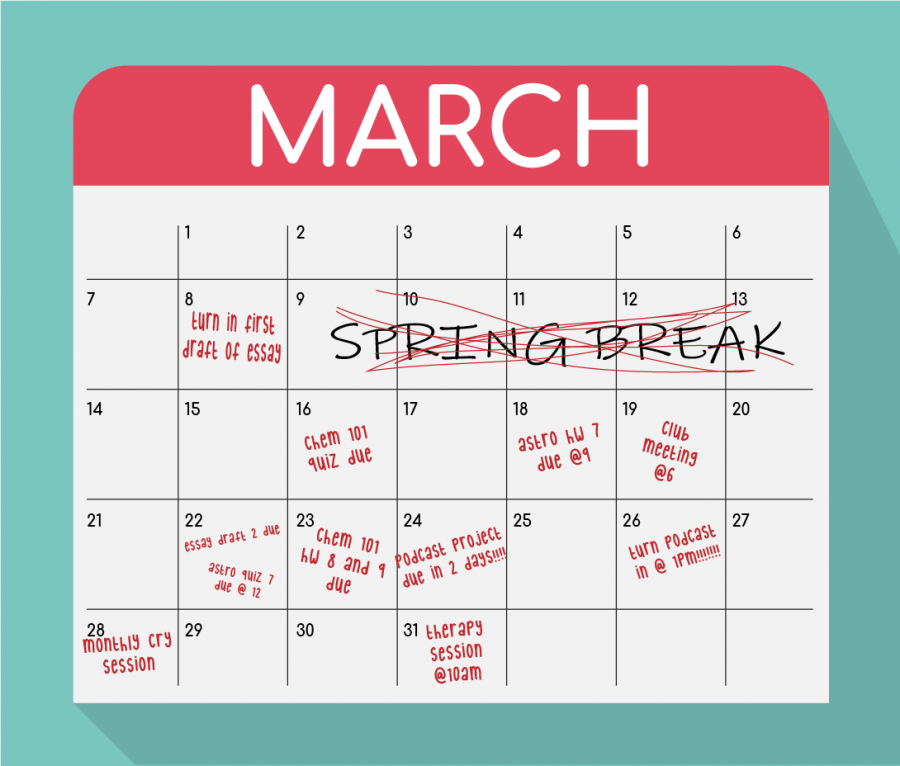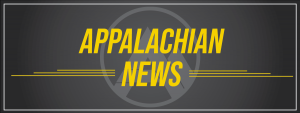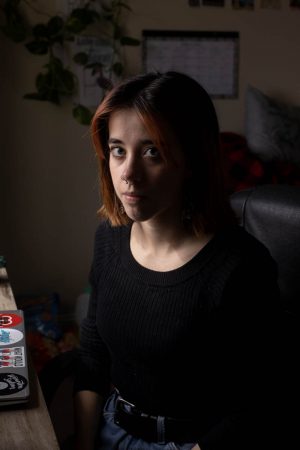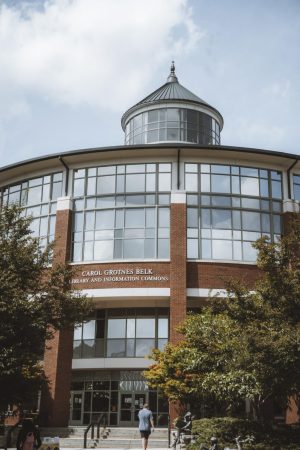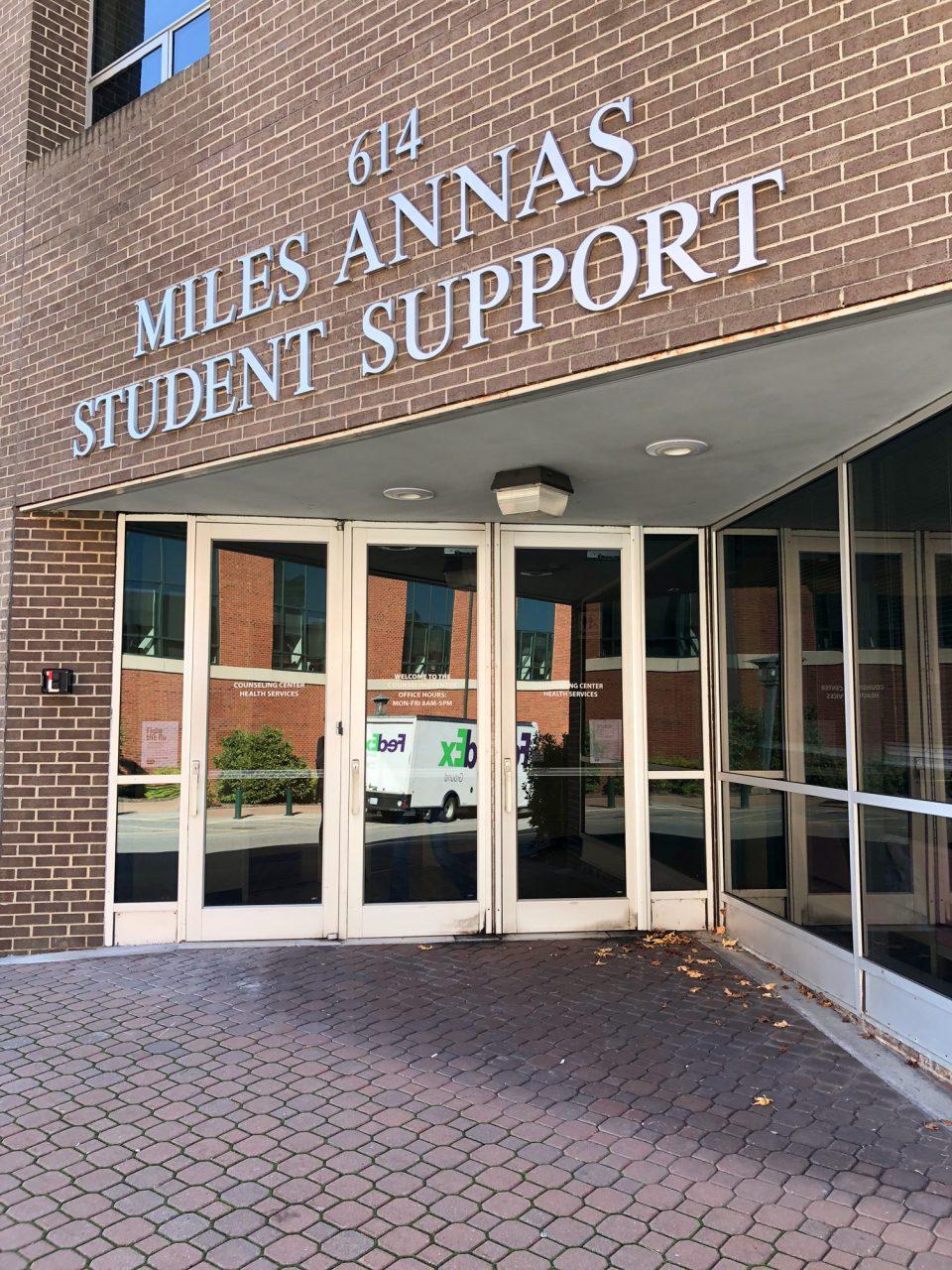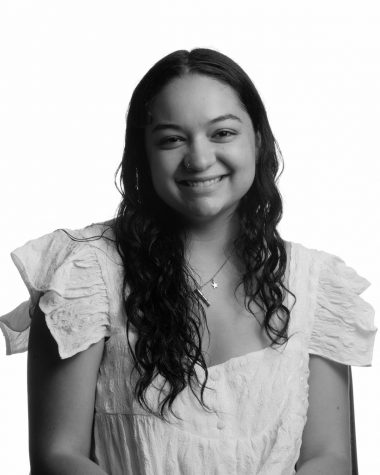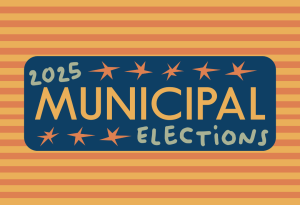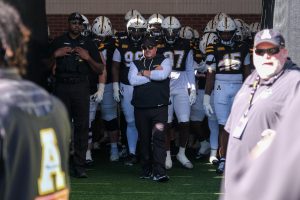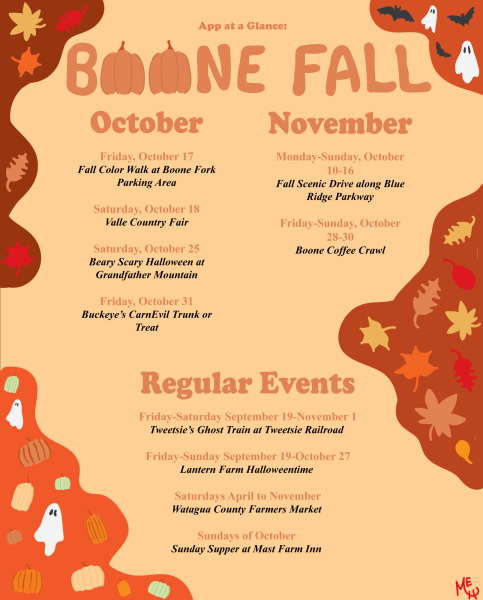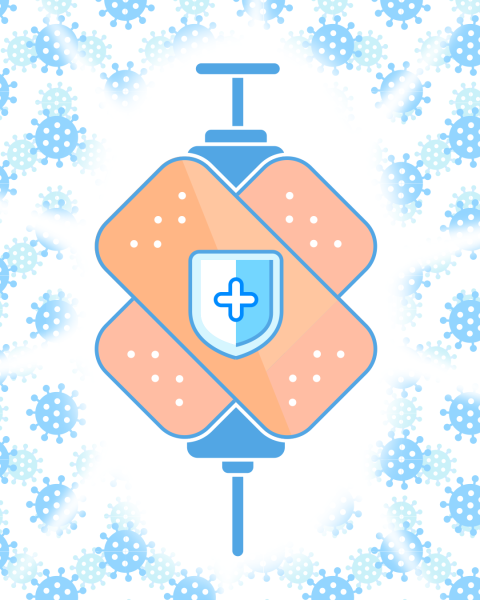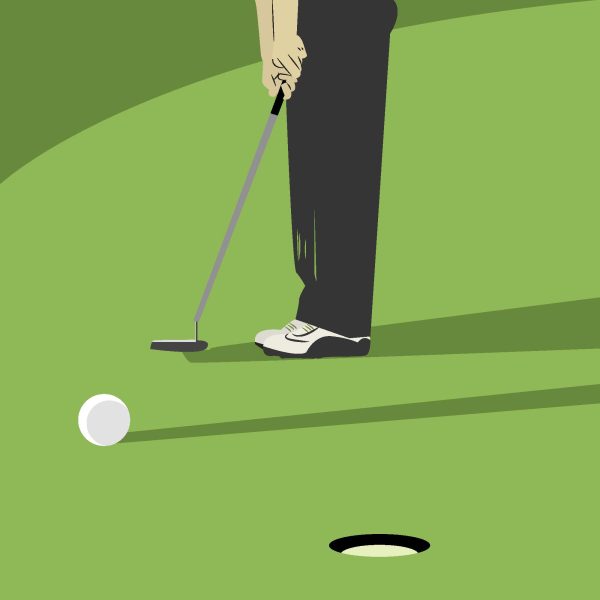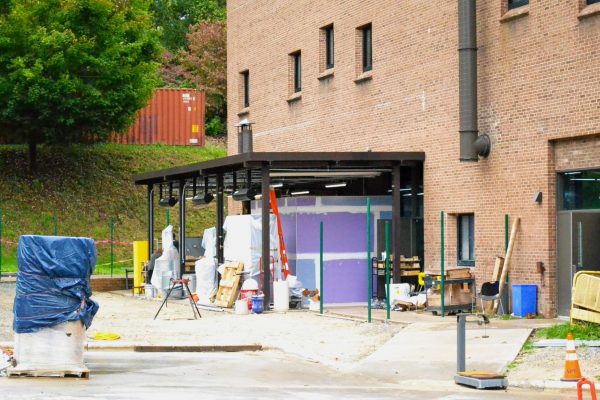Feeling done, but not finished
Burned-out students cope without a spring break
March 19, 2021
Students have six weeks left to complete their third semester in COVID-19. While the pandemic has changed lives for over a year now, students are still balancing academics, jobs, extracurriculars, relationships, a social life and family – all with little to no break.
For the 2019-20 academic year, the university held spring break from March 9-13. Though students received an extended winter break after last fall semester, other usual university breaks have been cut. Labor Day and Thanksgiving were the only opportunities for students to have time off. This semester, students will only get a day off for Good Friday.
Because there are no university and mandated breaks, students and their organizations are taking matters into their own hands to ensure students don’t feel burnt out.
App State Classifieds, a Facebook group where students go to sell items, offer recommendations and vent, has seen posts from many wishing for a break.
In Anna Johnson’s post with over 168 likes and up to 75 comments, the student said they are so stressed, “it’s actually causing my hair to fall out.”
“This semester has been super stressful and I hate the fact that we don’t have a spring break,” Johnson posted. “Totally get it’s because of COVID and whatnot but having a break of some sort would be so so nice.”
Alanna Green, another student, agreed, replying, “Yes so stressful beyond the norm & it’s unfair that other NC colleges got ‘wellness days’ and we get nothing.”
UNC Chapel Hill students receive five assigned wellness days during their spring semester. North Carolina State University has four wellness days in their academic calendar.
A bill is currently in SGA to allow students three wellness days of their choice. A wellness day is a day in which students don’t have to report to class with notification to their professor at least 24 hours in advance.
The bill has not yet passed, but one student made a petition for the same cause.
Riley Cullen’s petition titled “Give Students a Break at Appalachian State” has approximately 1,324 signatures. It advocates for a consistent break in reaction to the COVID-19 pandemic, two student deaths and a heavy online workload.
On March 10, Appalachian Popular Programming Society held a “Spring Break on Sanford Mall” event. The organization provided free food, a photo booth, mini golf and an opportunity to decorate a beach bag.
Vice President of Public Relations for APPS, Torie Dera, said the organization’s spirit and traditions council came up with the idea. She said the goal for the event was an afternoon of fun.
“I know a lot of students are feeling burnt out and guilty if they do anything not related to their classwork,” Dera said. “We really just wanted something where whether they stayed for two minutes and got a snow cone or played a round of mini golf, there was a sense of normalcy brought back and people having fun.”
Dera has experienced her own burnout, especially as a student leader. Since high school, Dera says she has always involved herself in many extracurricular activities. However, Dera describes the exhaustion she is feeling right now as “entirely new.”
Good Friday on April 2 is one day off Dera is looking forward to, though she expects to watch recorded lectures and send emails on the holiday.
“College is a marathon, but this semester feels like they just keep moving the finish line further and further away and we’re all trying to make it to some impossible goal and get our toes over the finish line so we can say we did it,” Dera said.
Chris Hogan, director and chief psychologist of App State’s counseling and psychological services, said self-care is important during the pandemic. Maintaining regular sleeping and eating schedules, exercising, going outdoors and participating in hobbies are a few ways Hogan said students can prevent feelings of burnout.
On Tuesday and Wednesday afternoons, students can briefly speak to counselors with the center’s program “Let’s Teletalk.” They are informal and offer a counselor’s perspective when participating.
The center also offers regular counseling sessions after an initial consultation. Students can call 828-262-3180 to schedule an appointment.
According to statistics from the Counseling Center, 78% of patients indicate that COVID-19 has impacted their mental health, 72% say it has impacted their motivation and loneliness and 67% report it has impacted academics.
Hogan also encourages students to talk with their professors on what they need for support.
“For some, they may integrate self-care practices into their usual routine and feel fine,” Hogan said. “For others, they may feel they need to take a day off from a class or classes to make space for self-care and a break.”

